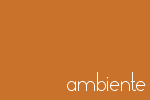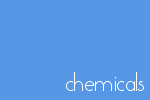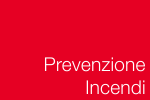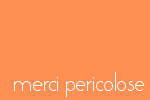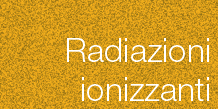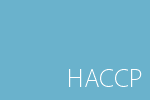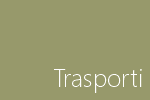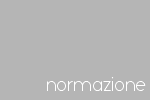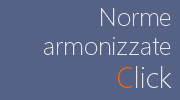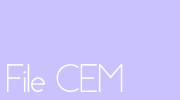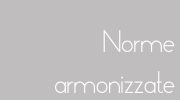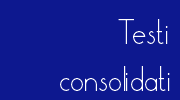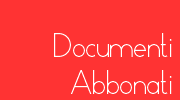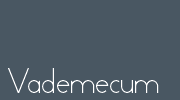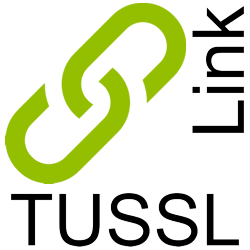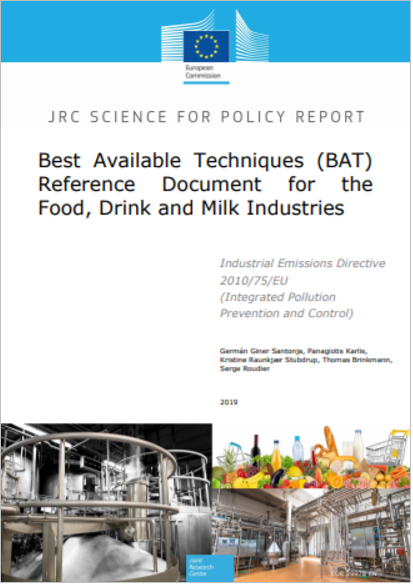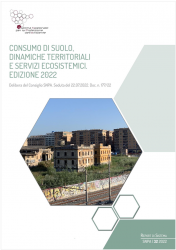BREF in the Food, Drink and Milk Industries
| ID 8716 | | Visite: 4767 | Documenti Ambiente UE | Permalink: https://www.certifico.com/id/8716 |
Reference Document on Best Available Techniques in the Food, Drink and Milk Industries
The Best Available Techniques (BAT) Reference Document (BREF) for the Food, Drink and Milk Industries is part of a series of documents presenting the results of an exchange of information between EU Member States, the industries concerned, non-governmental organisations promoting environmental protection, and the Commission, to draw up, review and – where necessary – update BAT reference documents as required by Article 13(1) of Directive 2010/75/EU on Industrial Emissions (the Directive).
This document is published by the European Commission pursuant to Article 13(6) of the Directive. The BREF for the Food, Drink and Milk Industries covers the treatment and processing, other than exclusively packaging, of the animal and/or vegetable raw materials, whether previously processed or unprocessed, intended for the production of food or feed, as specified in Section 6.4 (b) of Annex I to Directive 2010/75/EU.
Important issues for the implementation of Directive 2010/75/EU in the food, drink and milk (FDM) sector are emissions to water, energy and water consumption.
Chapter 1 provides general information on the FDM sector and on the industrial processes and techniques used within this sector.
Chapter 2 provides information on the common industrial processes, abatement systems and general techniques that are used across the FDM sector. General techniques to consider in the determination of BAT (i.e. those techniques to consider that are widely applied in the FDM sector) are reported in Chapter 2.
Chapters 3 to 15 give the applied processes, current emission and consumption levels, techniques to consider in the determination of BAT and emerging techniques for the FDM sectors that are covered by these chapters.
Chapter 16 provides thumbnail descriptions of additional FDM sectors, for which a data collection via questionnaires has not been carried out.
Chapter 17 presents the BAT conclusions as defined in Article 3(12) of the Directive, both general and sector-specific. Concluding remarks and recommendations for future work are presented in Chapter 18.
Add more in attachment
Collegati:
| Descrizione | Livello | Dimensione | Downloads | |
|---|---|---|---|---|
| BREF Food drink and milk industris 2018.pdf EU 2018 |
19894 kB | 0 | ||
| BREF in the Food, Drink and Milk Industries.pdf EU 2006 |
5828 kB | 7 |







